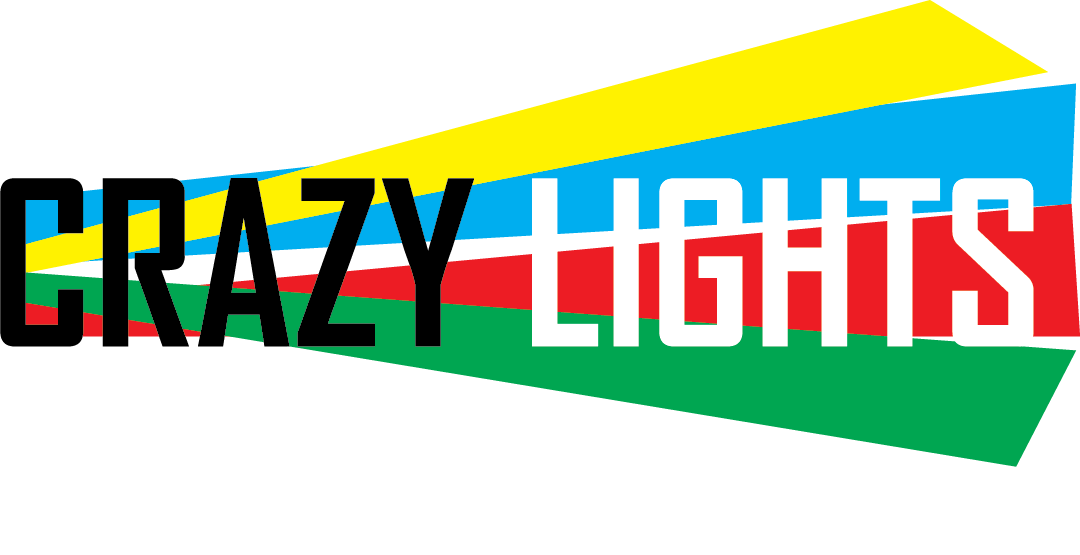You take hundreds of pictures and videos with your cell phone but the quality isn't as good as the people who you see labeling themselves as "professionals". You have some money set aside and you're looking to take your skills to the next level but there are so many choices. Nikon or Canon, Sony or Panasonic, Olympus or Pentax. How does anyone decide? I recently left my job selling cameras and have over 2 years of experience helping people narrow down their options. This guide is not mean to give recommendations of specific camera models because there is no such thing as the best camera. These are the 5 most important things to consider when looking.
1. What are your friends and family shooting with?
This is the first question I always ask. If you have friends with cameras and they trust you, you will be borrowing their gear and eventually they might borrow yours. Canon lenses will not work with a Nikon camera body, so if your friend has expensive lenses they can lend you, take full advantage of this. They will also be able to help you learn your camera's functions a lot faster than if you tried to figure out everything on your own. Maybe you want to work with a certain group of people. Find out what they are using and go with that. You would be surprised at how different the colours are on various cameras. In a video production environment, you want the colours to be close to allow for a painless editing experience.
2. What will you be using this camera for?
So lets say your friends all have different camera systems, or maybe you don't know someone with a nice camera well enough to borrow gear. The next thing you'll want to consider is what you hope to get out of this camera. Are you using this mainly for photo or video? If you're doing a little of both, are you hoping to grow to a level that you will eventually get paid for your work? Are you primarily shooting sporting events or landscapes? Many cameras can do both, but certain cameras can continuously shoot faster than others, making them optimal for sports.
3. What is your budget?
This is usually the first and only thing people use to qualify their purchase. However, it is not the most important thing to consider. I have a $1500 camera that gives me better video quality than my $3500 camera in many ways. This is where it gets a little confusing for some people, but I'll talk more about features later. What a $3500+ camera will buy you is reliability and the appearance of a professional. I have heard so many stories of people getting hired for video jobs just because they had the bigger camera. It's a very big thing in the corporate world to throw money at the company with the flashiest gear. On the photography side of that, you likely won't find someone willing to pay you to shoot their wedding with an entry-level camera. There will likely be one person at that wedding with a DSLR and if you have the same level camera as them, and they're shooting for free, how do you think that looks? The gear does not make you a professional, but it certainly helps you look the part.
4. What features do you need?
4K video. So many people think they need a camera capable of recording 4K video. It can turn your $500 budget into a $1000+ budget, but it is a useful feature that someone will pay for. Are you a proficient video editor or looking to become one? Do you have a 4K display? Will you be doing work for a client where the end deliverable is a 4K video file? If the answer is no to all of these then 4K video is not important. Some other things to consider are: autofocus speed and reliability, camera body stabilization, fully articulating screens and low light performance. Mega pixels are not important unless you are making humongous professional prints. Remember that many nice photos on the web or social media platforms were taken on cell phones and 50MP is overkill for an Instagram picture that will only take advantage of a small number of those pixels.
5. How user-friendly is the camera?
I love my Sony A6300 but the menu of this camera is disorganized and can be confusing to navigate, especially for someone who has never owned a camera. With a lot of Canon DSLRs, you can set your camera's aperture, shutter speed and ISO with one hand. If you can make the trip into a camera store to try out the camera you have in mind, feel it, hold it in your hands. The camera that feels and operates best for you is not one that feels the best to some other person. This is why most cameras now allow the default features of buttons and dials to be changed to whatever you want.
Buying your first camera is an important decision to make. It sets you up to a world of opportunities. Like marriage, if you make the wrong choice you can put yourself through a lot of stress and end up spending a lot of money. But also like marriage, if you choose the right one it can make you happy for a long time.
